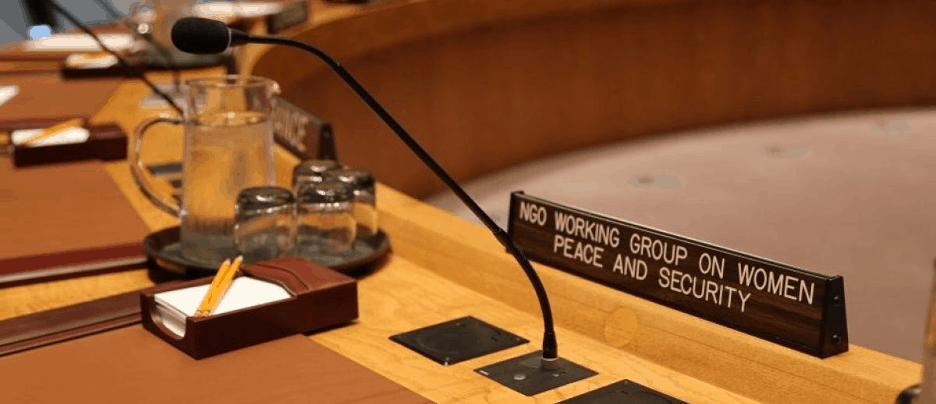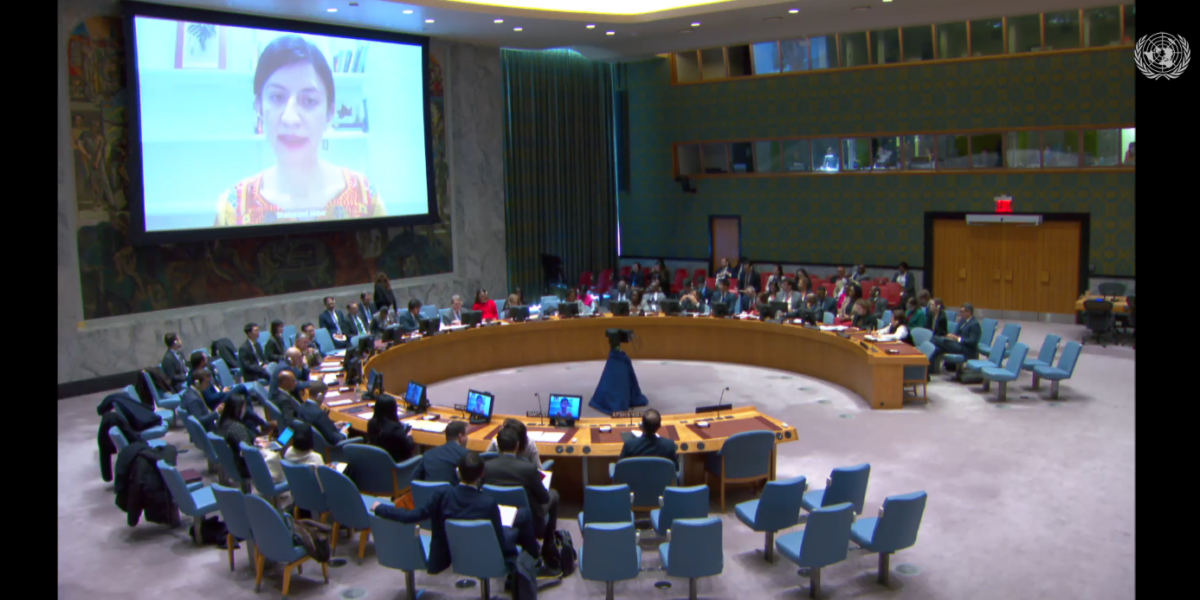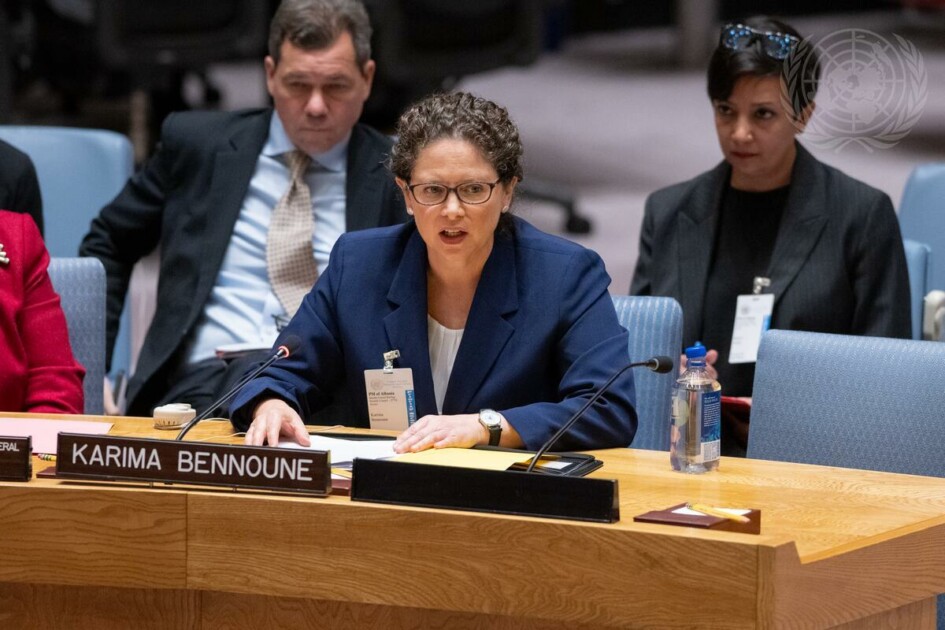Afghanistan
Afghanistan
Afghanistan has been engulfed in violent armed conflict since the fall of the Taliban regime in 2001, and efforts to build sustainable peace while preventing the re-establishment of extremist rule depend on the inclusion of women.
Living in the most dangerous place in the world to be a woman, as the Thomas Reuters Foundation revealed in 2011, Afghani women have emerged as leaders in the peace process— advocating constantly for more inclusive government, and inspiring marginalized groups nationwide to demand a place in the political system. Despite the important role that Afghani women play in bringing about social change in Afghanistan, many barriers to their involvement still exist.
Based on the work of NGOWG members and their partners, the NGOWG advocates for eliminating these barriers by encouraging UNAMA to support the Afghan government in fully implementing the National Action Plan on Women, Peace and Security (NAP), and ensuring women’s full and equal participation in regularly held elections.
Current and Past Recommendations to the UN Security Council (Monthly Action Points)
In the forthcoming mandate renewal for the UN Assistance Mission in Afghanistan (UNAMA), the Council should maintain the existing references to women and girls in both preambular and operative paragraphs (S/RES/2344 (2017), OPs 5(e), 10, 12, 16, 18, 31), and further, add previously agreed-upon language back into the resolution, as well as strengthen provisions to ensure the mission can address women, peace and security (WPS) as a cross-cutting issue. The Council should:
- Call on the Government and its international partners to work alongside women’s organizations to develop clear procedures on strategies to (1) increase the number of women in the leadership and management of security sector reform (SSR), and (2) ensure a safe and enabling environment for women in the security sector.
- Call on the Government and its international partners to ensure women and women’s organizations are engaged in efforts to counter terrorism (CT) and violent extremism (CVE) (S/RES/2242 (2015), OP 13; S/RES/2250 (2015), OP 16; S/RES/2178 (2014), OP 16; S/PRST/2014/21; S/PRST/2015/3; S/PRST/2016/9).
- Add a provision to UNAMA’s mandate that calls on the mission to actively support the Government’s efforts in implementing its National Action Plan (NAP) on Resolution 1325 (2000), including in the development of institutional and accountability structures to implement and monitor the NAP (S/RES/2242 (2015), OP 2).
- Add a provision to UNAMA’s mandate that calls on the mission to prioritize activities and efforts to promote women’s protection and participation, mirroring the request to prioritize child protection activities.
- Call on the Government and international partners to increase efforts to support women’s participation in all aspects of peace and security decision-making, including in the forthcoming elections, particularly given the sustained violence against Afghan women leaders and human rights defenders (CEDAW/C/AFG/CO/1-2).
- Call on the Government to develop, in consultation with female members of the High Peace Council, clear procedures to engage women in peace negotiations and conflict resolution efforts (CEDAW/C/AFG/CO/1-2).
In the forthcoming mandate renewal for the UN Assistance Mission in Afghanistan (UNAMA), the Council should maintain the existing references to women and girls in both preambular and operative paragraphs (S/RES/2344 (2017), OPs 5(e), 10, 12, 16, 18, 31), and further, add previously agreed-upon language back into the resolution, as well as strengthen provisions to ensure the mission can address women, peace and security (WPS) as a cross-cutting issue. The Council should:
- Call on the Government and its international partners to work alongside women’s organizations to develop clear procedures on strategies to (1) increase the number of women in the leadership and management of security sector reform (SSR), and (2) ensure a safe and enabling environment for women in the security sector.
- Call on the Government and its international partners to ensure women and women’s organizations are engaged in efforts to counter terrorism (CT) and violent extremism (CVE) (S/RES/2242 (2015), OP 13; S/RES/2250 (2015), OP 16; S/RES/2178 (2014), OP 16; S/PRST/2014/21; S/PRST/2015/3; S/PRST/2016/9).
- Add a provision to UNAMA’s mandate that calls on the mission to actively support the Government’s efforts in implementing its National Action Plan (NAP) on Resolution 1325 (2000), including in the development of institutional and accountability structures to implement and monitor the NAP (S/RES/2242 (2015), OP 2).
- Add a provision to UNAMA’s mandate that calls on the mission to prioritize activities and efforts to promote women’s protection and participation, mirroring the request to prioritize child protection activities.
- Call on the Government and international partners to increase efforts to support women’s participation in all aspects of peace and security decision-making, including in the forthcoming elections, particularly given the sustained violence against Afghan women leaders and human rights defenders (CEDAW/C/AFG/CO/1-2).
- Call on the Government to develop, in consultation with female members of the High Peace Council, clear procedures to engage women in peace negotiations and conflict resolution efforts (CEDAW/C/AFG/CO/1-2).
Relevant Resources










